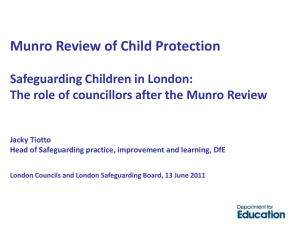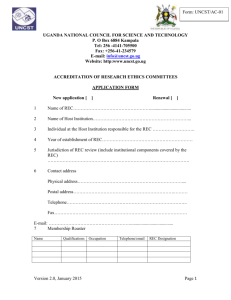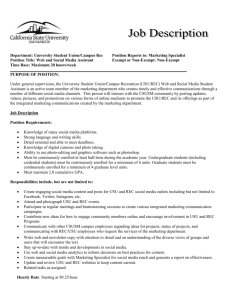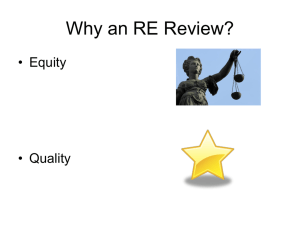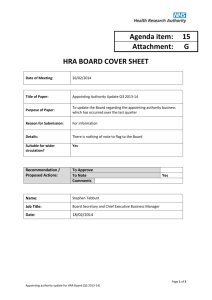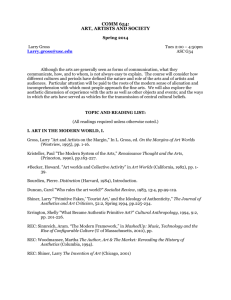Air quality Gov response press notice
advertisement
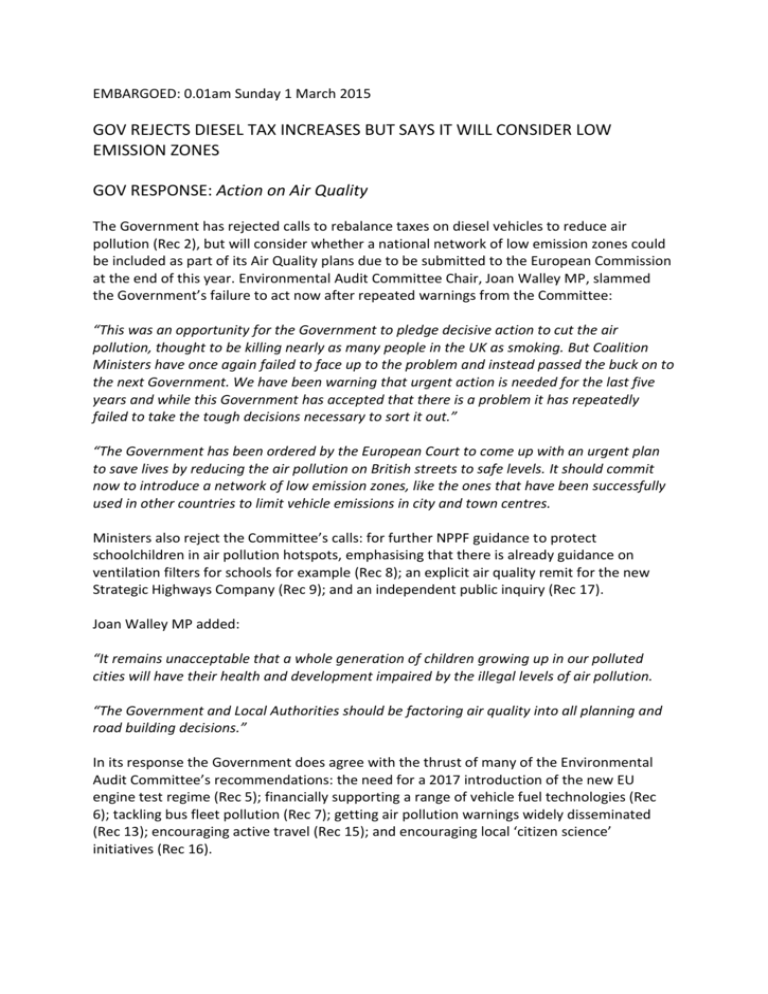
EMBARGOED: 0.01am Sunday 1 March 2015 GOV REJECTS DIESEL TAX INCREASES BUT SAYS IT WILL CONSIDER LOW EMISSION ZONES GOV RESPONSE: Action on Air Quality The Government has rejected calls to rebalance taxes on diesel vehicles to reduce air pollution (Rec 2), but will consider whether a national network of low emission zones could be included as part of its Air Quality plans due to be submitted to the European Commission at the end of this year. Environmental Audit Committee Chair, Joan Walley MP, slammed the Government’s failure to act now after repeated warnings from the Committee: “This was an opportunity for the Government to pledge decisive action to cut the air pollution, thought to be killing nearly as many people in the UK as smoking. But Coalition Ministers have once again failed to face up to the problem and instead passed the buck on to the next Government. We have been warning that urgent action is needed for the last five years and while this Government has accepted that there is a problem it has repeatedly failed to take the tough decisions necessary to sort it out.” “The Government has been ordered by the European Court to come up with an urgent plan to save lives by reducing the air pollution on British streets to safe levels. It should commit now to introduce a network of low emission zones, like the ones that have been successfully used in other countries to limit vehicle emissions in city and town centres. Ministers also reject the Committee’s calls: for further NPPF guidance to protect schoolchildren in air pollution hotspots, emphasising that there is already guidance on ventilation filters for schools for example (Rec 8); an explicit air quality remit for the new Strategic Highways Company (Rec 9); and an independent public inquiry (Rec 17). Joan Walley MP added: “It remains unacceptable that a whole generation of children growing up in our polluted cities will have their health and development impaired by the illegal levels of air pollution. “The Government and Local Authorities should be factoring air quality into all planning and road building decisions.” In its response the Government does agree with the thrust of many of the Environmental Audit Committee’s recommendations: the need for a 2017 introduction of the new EU engine test regime (Rec 5); financially supporting a range of vehicle fuel technologies (Rec 6); tackling bus fleet pollution (Rec 7); getting air pollution warnings widely disseminated (Rec 13); encouraging active travel (Rec 15); and encouraging local ‘citizen science’ initiatives (Rec 16).


